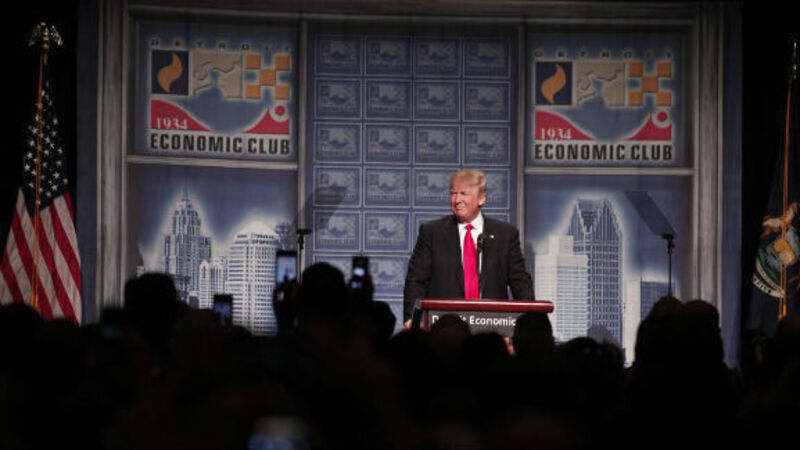Donald Trump ‘will change US corporation tax rates’

Department secretary general, Derek Moran, said Ireland’s economy was now exposed on two fronts: from Brexit, as well as from the Trump US presidency.
But Mr Moran said Ireland was rightly trying to capitalise on international changes, including Brexit, and still attracting foreign investment — an issue also addressed yesterday by Finance Minister Michael Noonan when he was in Davos for the World Economic Forum.













